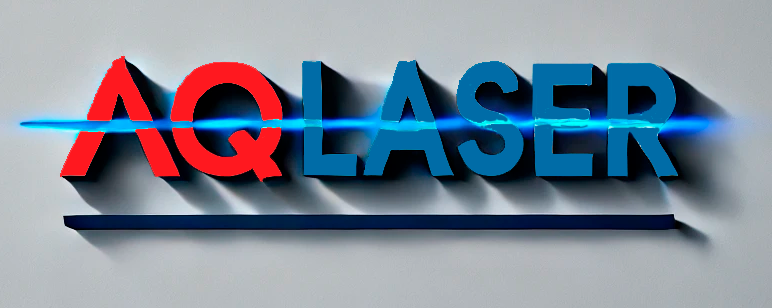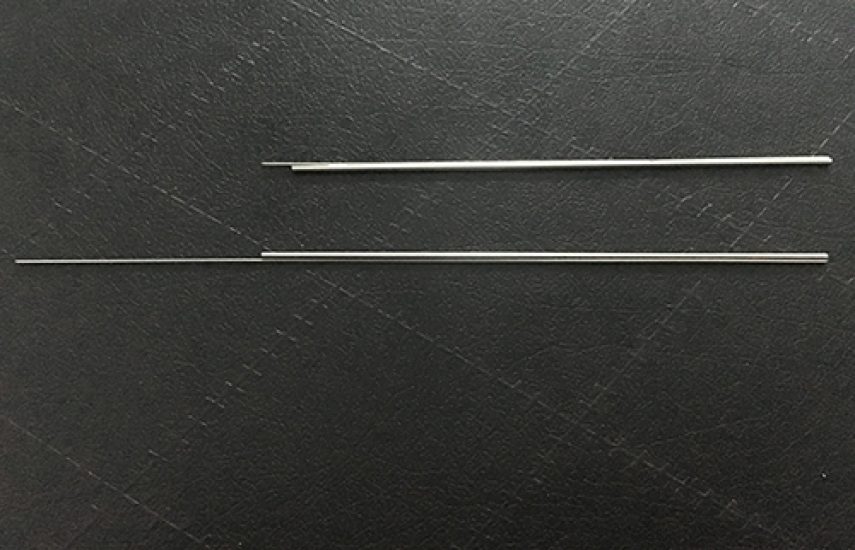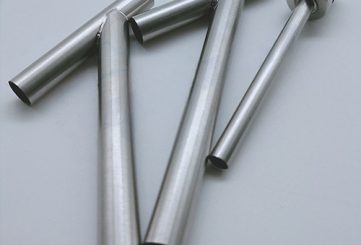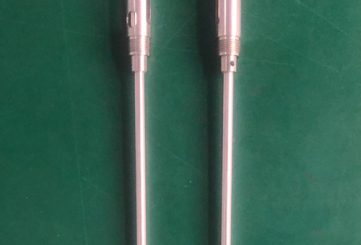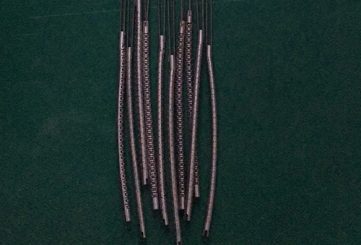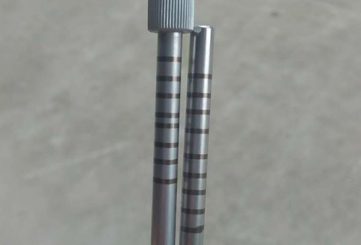Stainless Steel Pipe Row Welding
Stainless Steel Pipe Row Welding – high-performance laser seam welding for stainless steel piping
Stainless Steel Pipe Row Welding is a precision laser welding service tailored for joining rows of stainless steel pipes in seamless fashion. Designed for strength, corrosion resistance, and clean aesthetics, this method delivers clean weld seams with minimal heat-affected zones, perfect for medical, pharmaceutical, or high-cleanliness industrial applications.
Key features:
- Seam welding precision: continuous welds with excellent uniformity and minimal distortion
- Corrosion-resistant joints: welds preserve stainless steel’s corrosion resistance and finish quality
- Clean appearance: no discoloration, spatter, or raised beads
- Material compatibility: suitable for various stainless steel grades including austenitic, ferritic, duplex, martensitic forms
- Automated control: consistent clamping, alignment, and laser parameters for repeatability
Certification and Standards:
Designed and produced in compliance with international specifications for stainless steel welds and medical-grade manufacturing; processes ensure traceability, high structural integrity, and adherence to hygiene and safety norms.
Tantalum:
Tantalum is a highly corrosion-resistant, biocompatible metal with excellent strength and ductility. Ideal for precision laser welding, it ensures robust, smooth joints for critical medical components like implants and surgical instruments, offering superior radiopacity and durability.
Aluminum alloy:
Aluminum Alloys are lightweight, medical-grade materials valued for their excellent corrosion resistance and high strength-to-weight ratio. With tensile strength typically ranging from 200–600 MPa and good ductility, they offer durability for medical and industrial applications. Their biocompatibility supports use in non-implantable devices and components. Laser-machined for smooth, burr-free surfaces, they minimize contamination risks and ensure compatibility with sterilization processes.
Nickel-Titanium alloy:
Nitinol (NiTi), a nickel-titanium alloy, is renowned for its superelasticity and shape memory, making it a game-changer in medical applications. With a tensile strength of up to 1200 MPa and elastic modulus of 40–75 GPa, nitinol excels in demanding environments.
Stainless Steel SUS304:
Medical-grade SUS304 stainless steel (austenitic chromium-nickel alloy), offering excellent corrosion resistance and mechanical properties.
- Biocompatibility: Low risk of allergic reactions or toxicity, ideal for direct tissue contact in medical procedures.
- Mechanical Properties: High tensile strength (approximately 505 MPa) and elongation (up to 40%), providing flexibility without brittleness.
- Surface Finish: Laser-machined for smooth, burr-free edges, reducing the potential for tissue trauma or contamination.
- Thermal Stability: Maintains integrity across a wide temperature range, suitable for sterilization processes like autoclaving.
Platinum-Iridium:
Platinum-Iridium is a biocompatible, corrosion-resistant alloy with exceptional durability and conductivity. Ideal for precision laser welding, it ensures strong, smooth joints for critical medical components like stone basket heads.
Cobalt Base:
Cobalt Base alloys are highly durable, corrosion-resistant materials with excellent strength and biocompatibility. Perfect for precision laser welding, they provide robust, smooth welds for medical components like stone retrieval baskets.
Copper (Cu):
A conductive, antimicrobial metal used in medical equipment and coatings. Its excellent electrical conductivity and natural resistance to bacteria enhance device functionality and hygiene.
- Rows of stainless steel pipes used in medical or pharmaceutical fluid transport
- Medical equipment, cleanroom installations, and sanitary piping systems
- Any setting requiring high cleanability, corrosion resistance, and aesthetic welds
- Material: stainless steel (multiple grades)
- Weld seam type: row or continuous seam welding
- Finish quality: clean welds without discoloration, spatter or distortion
- Heat-affected zone: minimal, precise control
- Automation: clamping, alignment and laser parameter control
